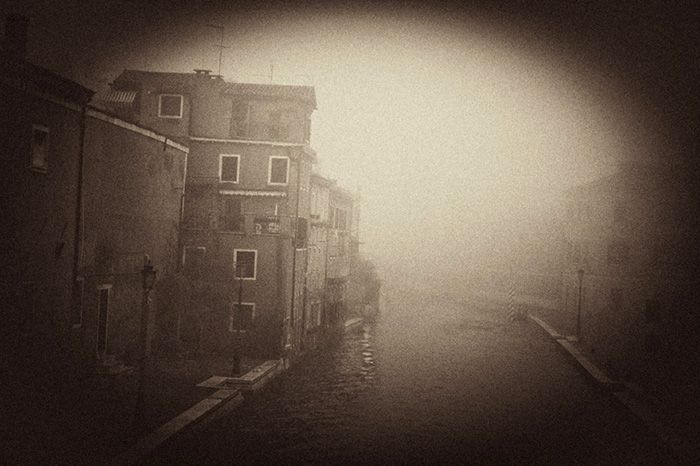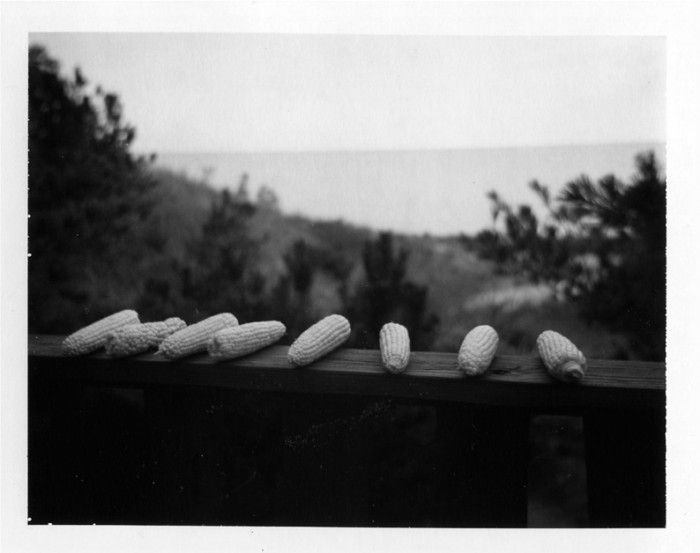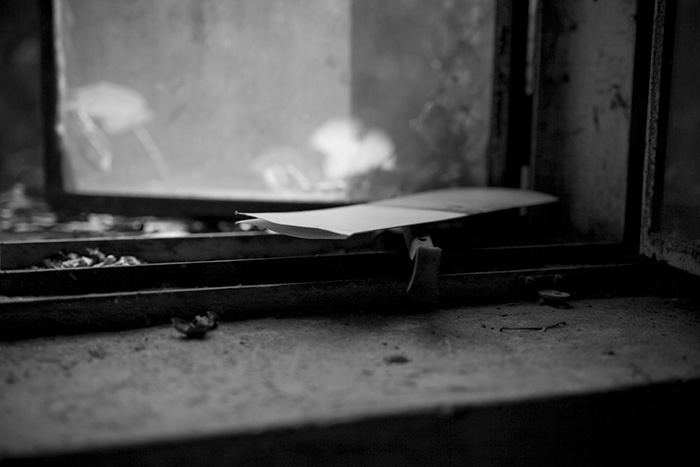blog
Interview with photographer and Filter Photo Festival Founder – Sarah Hadley
Maggie Meiners: When did you know you wanted to pursue photography as a career?
Sarah Hadley: I was 19 and an intern at the Institute of Contemporary Art in Boston. The exhibition that summer was “Boston Now: Photography” and I was blown away by what I saw. I didn’t really think about it seriously as a career until after my dad died. I sort of had a mid-twenties crisis, quit my job, moved to Los Angeles and started taking classes in photography.
MM: Tell us a little about your background as a photographer and where you are now with your work?
SH: After my year in California, I went back to school and got a BFA in Photography at the Corcoran School of Art. While there, I interned for this amazing photojournalist named Darrow Montgomery at the City Paper. He taught me how to print in the darkroom, and what it was like to be a freelance photographer. After I graduated, I landed a full-time job shooting for nine community newspapers in Northern Virginia. I have continued freelancing for magazines and newspapers for years, but I always shot personal projects on the side and exhibited my work. My personal photography has evolved a lot over the course of almost 20 years. In the beginning, I think I was mostly interested in shooting something cool and original. Now, I only want to shoot work that is really meaningful to me.
MM: You are currently working on a personal project which involves nudes– what influenced your decision to move your work in that direction?
SH: Getting older and letting go of old fears and inhibitions has been the primary motivating factor. I grew up in a pretty staunch New England family, so I think there is an element of shedding that. Right now I am collaging and painting on them, as I feel like the really great classic nudes have already been done and I am still working out a way for them to really express my feelings.
MM: Who are your influences?
SH: Early on I was greatly affected by Robert Frank and Sally Mann. Nowadays, I see so much great work online every day and go to as many shows as possible. I have also been influenced by painters including Whistler, Robert Rauschenberg, Gerhard Richter and Cy Twombly. And I really love movies and strive to get the humanity and emotion of a good Jane Campion or Wim Wenders film into my photos.
MM: What is your process for photo projects?
SH: Something will just grab me, and I know I should work on it when I think about it all the time and can’t wait to get back to it. I tend to shoot a lot until I really start to figure out what I am looking for and how to communicate what I am trying to say. I write about my images and that helps to clarify things. It generally takes a while for a project to really gestate. I have been shooting the nudes for about two years now and only shown one or two images publicly.
MM: What is the most challenging work you have ever done?
SH: My Lost Venice series was probably the most difficult as it was really about the death of my father, but it took me ages to figure out how to express that without falling into a cliche. And I had limited time and resources to travel there, so I would go for a week and shoot all day everyday. I recently started painting again seriously after about a 20-year hiatus and that has been challenging too.
MM: What do you hope people see or feel when they look at your photographs?
SH: That is a great question, but a hard one. I think people will feel or see what they want, and I don’t have much control over that. I want them to at least feel something–good or bad, but in truth I make the images out of a deep need to create and I don’t ever think the viewer will feel what I feel. I read that Maya Lin knows exactly how people will feel about her public works and that is an amazing gift. I don’t have that gift. I create because I go a bit crazy when I don’t.
If you could own one photograph, whose would it be and which image?
There are too many, but here are a few that I think about a lot and would love to own:
- Julia Margaret Cameron – One of her portraits.
- Robert Frank – The girl in the elevator. Her expression haunts me.
- Sally Mann – “Night Blooming Jasmine.”
- Brassai – One of the night photographs of Paris.
- Jo Ann Callis – The woman on the bed, or the recent series of semi-nudes.
MM: What is the best career advice you have ever received?
SH: Jane Fulton Alt told me “stop thinking about money and create work from your heart.” That, and Robert Capa’s famous quote. “If your pictures aren’t good enough, you’re not close enough.”
MM: What is your favorite image you have shot recently?
SH: My nudes are still percolating in my head and I have them up all over my dining room (which is now my studio) and every once in a while I will pass one on the way to the kitchen and think “that is nice,” but for it to become a favorite I need to still think that in six months, so I would have to say I really love some of my recent iPhone photos. They have brought me back to my street-shooting days.
MM: What defines a “good” photograph to you?
SH: Robert Frank said a good photograph should be like a line in a poem that you want to read again and again and I agree with that. I think a good photograph should ask more questions than it gives answers.
MM: What advice do you have for people those who would like to make photography a career ?
SH: I would say to be a fine art photographer you just need desire and stamina.
MM: Not only are you a talented photographer, but you are also the Founder and Director of Filter Photo Festival in Chicago. You have really created a photographic community in the Midwest through Filter. What motivated you to create Filter Photo Festival?
SH: I kept going to portfolio reviews and workshops in other cities around the country and it bothered me that there was nothing like that in Chicago, a city with such an amazingly rich photographic history. I also didn’t feel like there was a unified photographic community in Chicago.
MM: What is the most challenging thing about running a photo festival?
SH: It is a bunch of moving parts, so I would have to say trying to fit the puzzle together is the most challenging thing, though it gets easier every year. This is largely due to the Filter team, who are incredible and have been an integral part of the festival’s success.
MM: What is the most rewarding about running a photo festival?
SH:The people I have met and the friendships I have formed. That and seeing it grow from year to year.
MM: Where do you see the festival 5 years from now?
SH: It will continue to expand and we will bring in more photographers, reviewers and speakers from all over, but it will retain the same sense of Midwestern community and camaraderie that it has now.
For more of Sarah Hadley’s photography: sarahhadley.com
For more information on Filter Photo Festival 2013: www.filterfestival.com
Location: Online Type: Featured Photographer, Interview
One response to “Interview with photographer and Filter Photo Festival Founder – Sarah Hadley”
Leave a Reply
Events by Location
Post Categories
Tags
- Abstract
- Alternative process
- Architecture
- Artist Talk
- artistic residency
- Biennial
- Black and White
- Book Fair
- Car culture
- Charity
- Childhood
- Children
- Cities
- Collaboration
- Community
- Cyanotype
- Documentary
- Environment
- Event
- Exhibition
- Faith
- Family
- Fashion
- Festival
- Film Review
- Food
- Friendship
- FStop20th
- Gender
- Gun Culture
- Habitat
- Hom
- home
- journal
- Landscapes
- Lecture
- Love
- Masculinity
- Mental Health
- Migration
- Museums
- Music
- Nature
- Night
- nuclear
- p
- photographic residency
- Photomontage
- Plants
- Podcast
- Portraits
- Prairies
- Religion
- River
- Still Life
- Street Photography
- Tourism
- UFO
- Water
- Zine




İlgimi çekti..